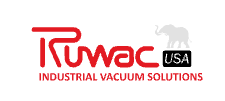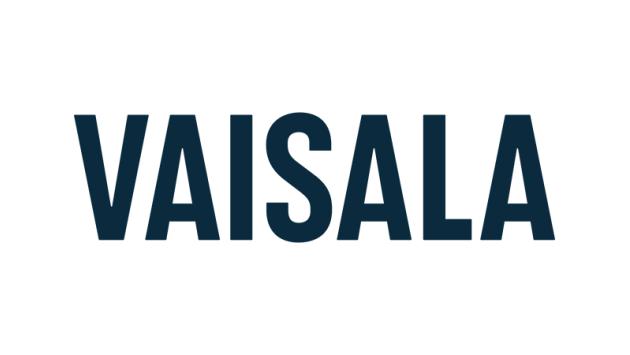As we navigate the complexities of the global industrial landscape, it becomes increasingly clear that safety practices are not universally adopted. This is particularly true for intrinsically safe and explosion-proof practices, which are critical in industries such as oil and gas, mining, and manufacturing. At the Intrinsically Safe Store, we understand the importance of these practices and the role cultural factors play in their adoption. We invite you to explore our website and learn more about our commitment to promoting safety in hazardous environments.
The Role of Cultural Factors
Cultural factors significantly influence the adoption of safety practices. These factors can include societal norms, values, beliefs, and attitudes towards safety. For instance, cultures that highly value safety are likely to adopt intrinsically safe and explosion-proof practices more frequently.
Case Study: Japan and the United States
Consider the case of Japan and the United States. The stringent safety regulations and practices of Japan reflect their culture that places a high value on safety and precaution. On the other hand, while the United States also values safety, there is a stronger emphasis on individual responsibility and risk-taking, which can sometimes lead to less stringent safety practices.

Understanding the Impact of Regulations
Regulations also play a crucial role in the adoption of safety practices. In countries with strict regulations, companies are more likely to adopt intrinsically safe and explosion-proof practices to comply with the law. However, in countries with lax regulations, companies may choose to prioritize cost-saving measures over safety.
Statistics: Compliance with Regulations
According to a study by the International Labour Organization, countries with strict safety regulations have a lower rate of occupational accidents compared to countries with lax regulations. This highlights the importance of regulations in promoting safety practices.
Addressing Cultural Barriers
Addressing cultural barriers is key to promoting the adoption of intrinsically safe and explosion-proof practices. This can be achieved through education, training, and awareness campaigns. Additionally, companies can also play a role by prioritizing safety and creating a culture of safety within their organization.
Example: The Role of the Intrinsically Safe Store
At the Intrinsically Safe Store, we are committed to promoting safety in hazardous environments. We offer a wide range of intrinsically safe and explosion-proof products, and we also provide education and resources to help companies understand the importance of these practices.
Addressing Cultural Barriers for Safer Work Environments
In conclusion, cultural factors significantly influence the adoption of intrinsically safe and explosion-proof practices. By understanding these factors and addressing cultural barriers, we can promote the adoption of these practices and create safer work environments. We invite you to contact us at the Intrinsically Safe Store to learn more about how we can help you adopt these practices in your organization.


























